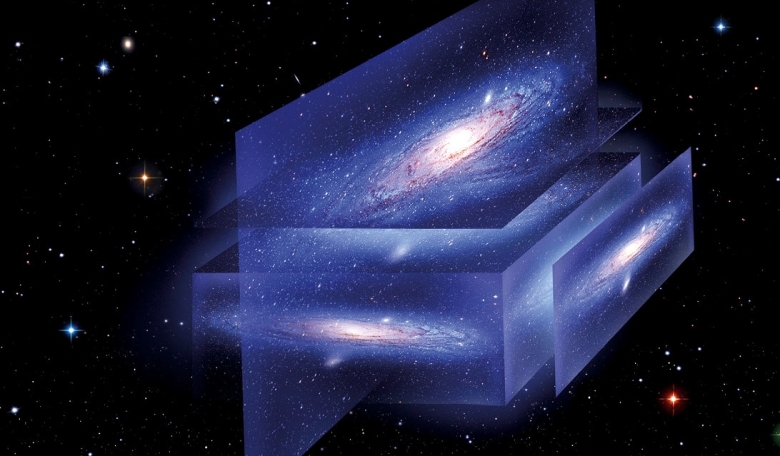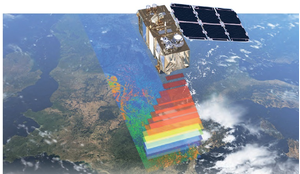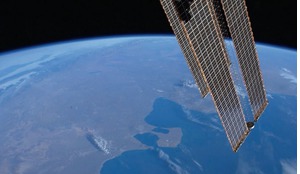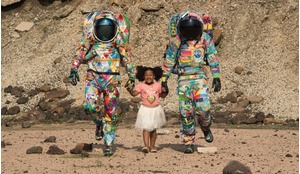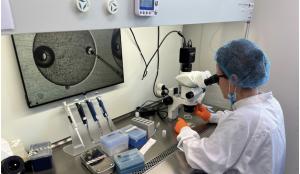An alternative universe is a concept that blurs the line between science and fiction. For science fiction fans and writers, these universes are theoretical constructs that allow for a multitude of scenarios where the realms of possibilities are pushed to the extreme. However, in the real world of science, the advantage of alternative universes is that they might be able to teach us things about our own.
In science, there are multiple categories of alternative universe to consider. First, there is the ‘many-worlds interpretation’ of quantum theory in which every possibility spawns a new parallel universe with which we cannot interact. Second, there is the notion of ‘multiverses’ in astronomy and cosmology, which predicts that there could be an infinite set of universes like ours with slightly different physical laws. Unfortunately, both of these hypotheses, while scientifically valid, are next to impossible to verify with humanity’s current technical abilities.
But there is another kind of alternative universe that is testable: the universes that ‘could have been’. These universes, put simply, follow the same laws of physics we have in ours; the difference is their composition. In this situation, slight variations in the proportions of the components of the universe can have a big impact in its evolution to the point where the fate of an alternative universe could be radically different to ours.





